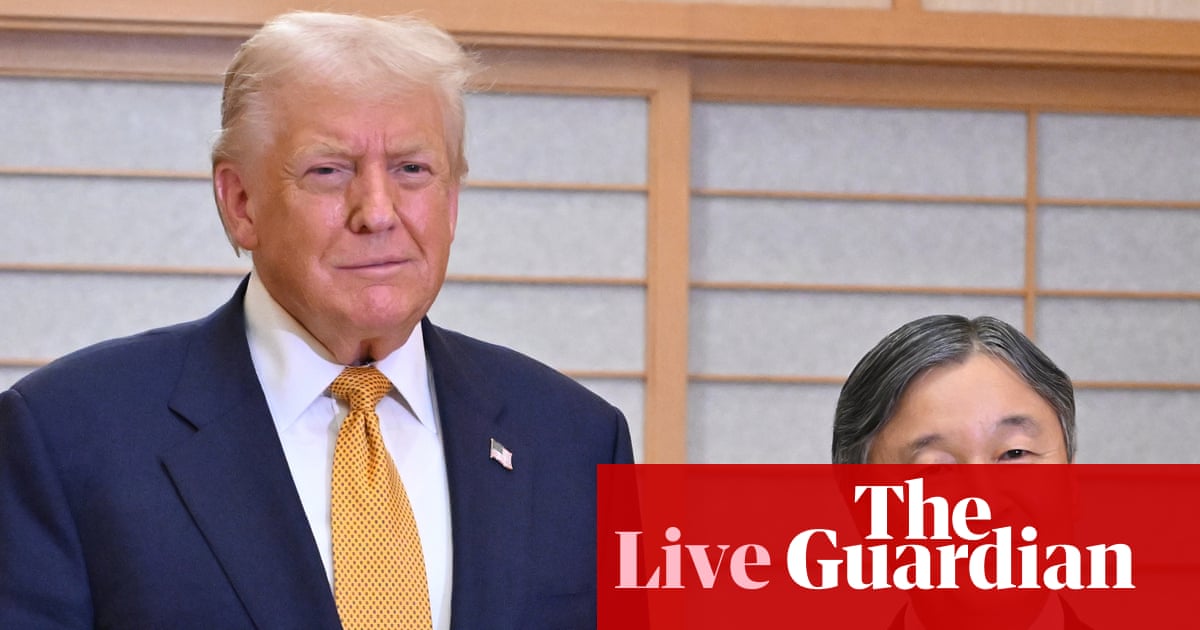The abrupt halt of Ørsted’s Revolution Wind project off Rhode Island has become one of the most striking examples yet of political interference derailing sound economic logic. This was not a struggling venture or a risky experimental bet. It was a nearly complete, multi-billion-dollar project designed to deliver clean power to more than 350,000 households. Eighty percent of the turbines were already in place, the investment had largely been sunk, and the project had a clear pathway to profitability. Yet the U.S. government ordered a stop, citing vague national security concerns. The decision has rattled markets, hammered Ørsted’s stock, and left observers questioning how reliable the American policy environment is for large-scale energy investments.
Economic Sense, Political Nonsense
For Ørsted, the project represented both a cornerstone of its U.S. ambitions and a test case for its ability to scale offshore wind in one of the world’s most important energy markets. For the United States, Revolution Wind was more than a power plant, it was a strategic infrastructure project. It promised to strengthen grid reliability in New England, diversify the regional energy mix, and provide a secure, local source of electricity at competitive prices. Jobs were created, supply chains were mobilized, and construction was already transforming the landscape. In every respect, the economics of the project made sense not just for Ørsted and its partners, but also for the communities and consumers who stood to benefit from it.
Signals to Investors
The logic of halting such a project is difficult to reconcile. At a time when global capital is increasingly cautious about deploying billions into long-term infrastructure, the United States had successfully attracted one of the world’s leading offshore wind developers. Years of regulatory approvals had been navigated, financing secured, and state-level political support firmly in place. To pull the plug so late in the process, with billions already spent and the project nearly ready to deliver power, sends a chilling signal to investors: no matter how advanced a project may be, no matter how rigorous the permitting process, politics can still override economics at the final stage.
Offshore Wind Is No Gamble
This is particularly damaging because offshore wind is not a fringe technology. In Europe, it is already a backbone of the energy system, delivering reliable power at scale. Costs have fallen sharply over the past decade, making it one of the most competitive forms of renewable generation. Revolution Wind was structured with long-term power purchase agreements, providing predictable revenue and stable returns. Its role in stabilizing the New England grid had been recognized by regional operators. By almost any measure, this was exactly the type of project that energy economists point to when they talk about the viability of renewables.
Ørsted’s Losses, America’s Losses
The consequences for Ørsted have been severe. Already under pressure from rising global costs and earlier project delays, the company saw its market value tumble to historic lows after the halt was announced. Its ability to raise new capital, including an emergency injection to stabilize its balance sheet, has been thrown into question. For a company once held up as a global leader in the energy transition, the setback is dramatic, threatening to undermine its broader U.S. growth strategy.
A Chill Across the Market
Yet the impact extends far beyond a single company. For the United States, halting Revolution Wind represents a lost opportunity to reinforce energy security with a domestic, low-carbon resource. Instead, New England will remain more reliant on natural gas imports and on an aging grid that is increasingly strained by extreme weather events. Consumers are likely to face higher costs and greater volatility as a result. And perhaps most significantly, the decision undermines America’s credibility as a destination for energy investment. If even projects that are 80 percent complete can be stopped on political whim, why would any global developer commit billions to the next offshore wind farm, or to hydrogen hubs, or to long-duration storage?
Geopolitics or Ideology?
Some have speculated that the halt may have less to do with the project itself and more to do with geopolitics. Denmark, Ørsted’s home country, has clashed with Washington in the past over issues ranging from Arctic policy to Greenland. Others see the decision as part of a broader ideological push against renewable energy from the current U.S. administration. Whatever the true motives, the result is the same: an erosion of trust in the stability of U.S. policymaking.
The Transition Will Not Stop
The irony is that stopping Revolution Wind will not halt the energy transition. Global momentum behind renewables continues, driven by economics as much as by climate goals. The cost trajectory of wind and solar, combined with storage, makes them increasingly competitive against fossil fuels. Demand from corporations and states for clean power remains strong, regardless of federal policy swings. What the halt does accomplish, however, is to delay the U.S. in securing its share of that momentum. Other regions will move faster, attract more capital, and develop the industries and jobs that come with leadership in clean energy.
A Case Study in Short-Termism
Politicizing projects like Revolution Wind serves no one’s long-term interests. It undermines investor confidence, discourages innovation, and deprives consumers of cost-effective power. For the U.S. economy, it risks leaving the country less competitive in the industries of the future. For the global climate effort, it removes a project that would have delivered meaningful emissions reductions. And for companies like Ørsted, it reinforces the perception that the U.S. is not a reliable partner for long-horizon energy infrastructure.
Conclusion
In the end, the decision to halt Revolution Wind is a case study in how political short-termism can sabotage economic rationality. Here was a project that ticked every box: nearly finished, financially sound, socially beneficial, and strategically important. Instead of celebrating its completion, the U.S. government chose to halt it, leaving investors and partners bewildered. The damage will be felt for years, not only by Ørsted, but by every energy company now rethinking whether America is a safe place to bet on the future.
By Leon Stille for Oilprice.com
More Top Reads From Oilprice.com


